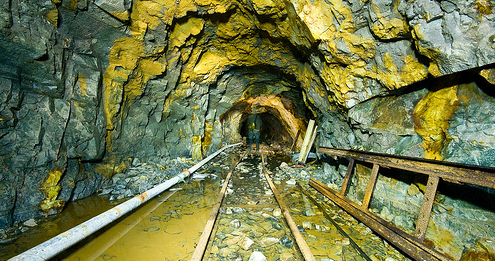Angkor Gold has only been in the public eye since 2011, but the mineral exploration company has grown leaps and bounds, said the company’s Vice President of Corporate Social Responsibility Delayne Weeks.
The Grande Prairie based company has been mining holdings in Cambodia, one of the only North American companies to do so. The company owns seven mineral licenses, totalling 1,448 square kilometres across northeastern Cambodia, mining for various precious minerals such as iron ore, copper, gold and silver.
“We are the only North American company, public traded North American company, with any mining holdings in Cambodia,” said Weeks. “Cambodia matches the rest of Asia with really rich mineral findings but nobody has tapped in to Cambodia yet because it has really only had 20 years to (rebuild) the country since wartime.”
Weeks and her husband Mike, CEO of the company, established a base for the company in Grande Prairie called Prairie Pacific Mining Corp back in 2009, before going public with Angkor in 2011. They both have backgrounds in the oil and gas industry and Mike had prior experience with mining in North Africa. Their work and company standards have set the bar for other companies, according to Delayne.
“It’s been a different attitude and a different philosophy,” she said. “This little company based out of Grande Prairie has set really significant, high standards in the country because they just haven’t had any other company like ours come in and do what we’re doing.”
Most recently, the company announced a $10 million commitment with a Beijing merchant bank, which will provide the company with capital as well as a team of geophysicists and geologists to accelerate the company’s work.
Coming from a smaller region such as Grande Prairie and thriving as they have in a country such as Cambodia is a huge accomplishment, said Weeks. It’s something she is very proud of as the firm moves forward.
“I think it’s really significant for Grande Prairie and for Alberta that we can have a really successful small company set some standards that are going to be recognized world wide and it’s based out of the north here,” she said.
Source: Daily Herald Tribune | April 21, 2014 | By: Jocelyn Turner


